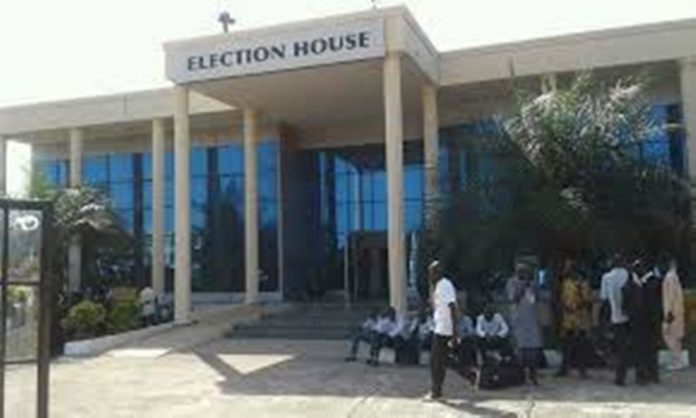Unlike many countries which have hundreds of political parties, Gambia has only ten political parties. Sections 25 and 60 of the Constitution provides for political association and the establishment of political parties respectively. The Elections Act provides for the functions of political parties and their registration. Section 104 of the Elections Act states:
“The number of political parties shall not be limited by law and every citizen of The Gambia shall have the right freely to choose whether or not he or she becomes a member of a political party and which party he or she supports.”
Section 103A of the Elections Acts states:
“Subject to the provisions of this Part, political parties may be established to–
- participate in the shaping of the political will of the people;
- disseminate information of political ideas and on political, economic and social programmes of national character; and
- sponsor candidates for public elections.”
It is therefore apparent that regardless of whether one belongs to a political party or not, one could stand as an independent candidate in any election. Hence the existence of political parties is meant to exercise the right to political association. This right should not be hindered. The current conflict in certain political parties should be resolved so that the IEC would not be transformed into an institution that would decide the fate of political parties. Intra-party democracy is necessary to determine the leadership of any political parties without any dispute. Foroyaa therefore calls on the political parties to engage in mediation to resolve the crisis within political parties.



















